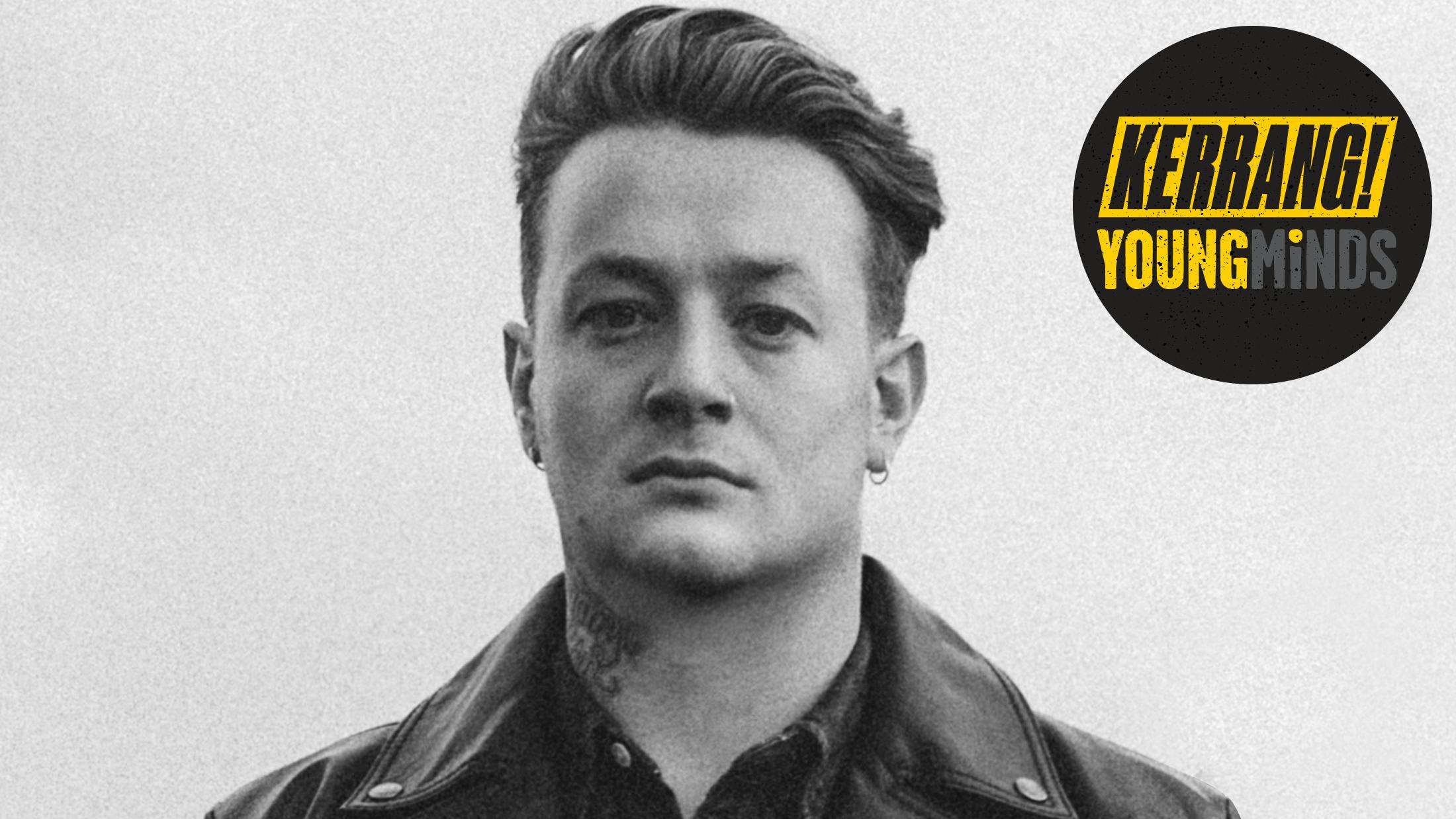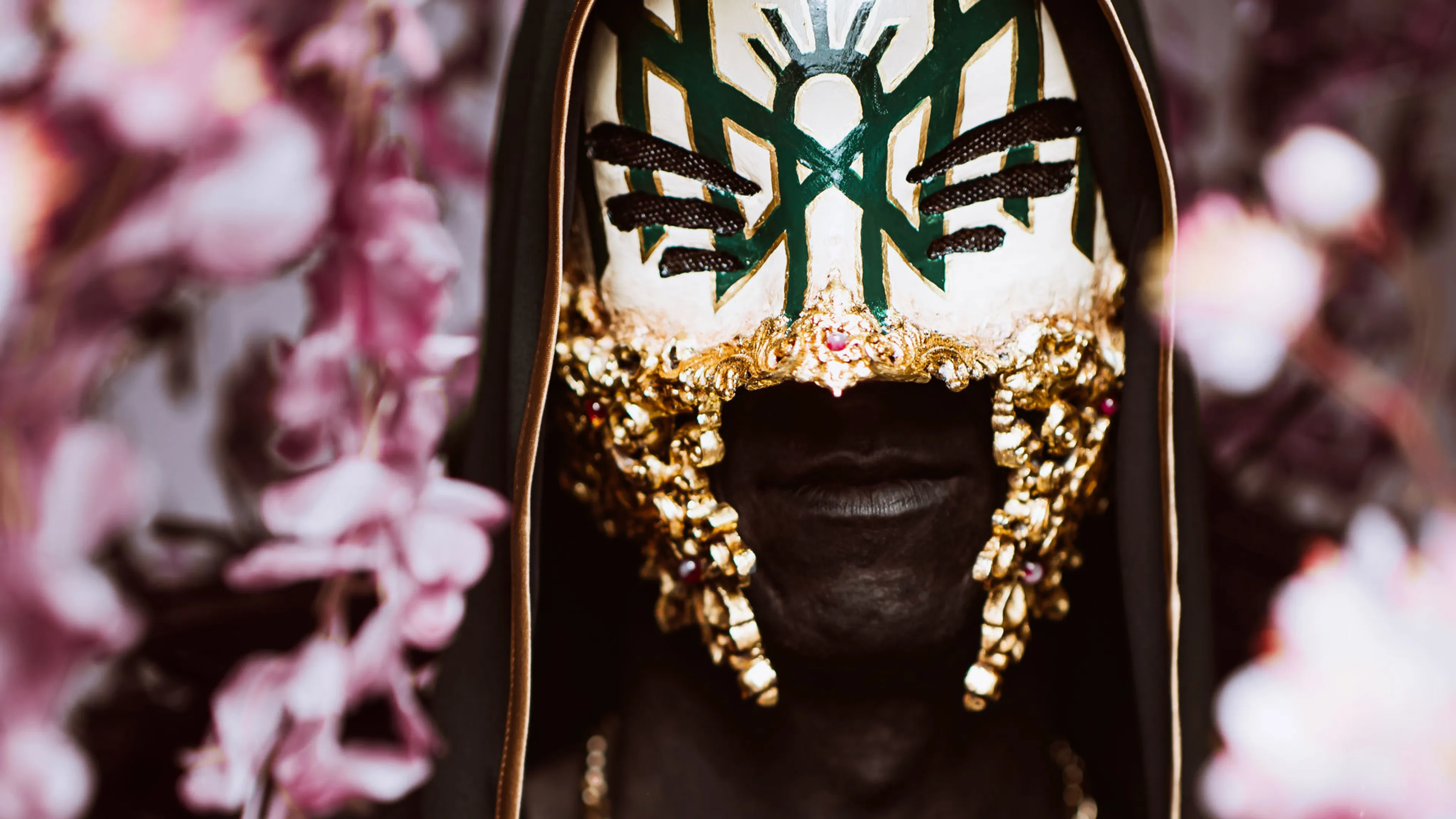You’ve done a bit of work with mental health charities in the past, right? Tell us a bit about that…
Yeah. We did this thing called The Guitarwrist, where you donate your old guitar strings and they turn them into jewellery – we had to pick a charity to donate to, and we picked West Norfolk Mind. I normally do one or two shows a year in aid of them, and I’m hoping to get to do one this year around Christmas. The reason I picked West Norfolk Mind is because I grew up in that area, and it’s a place where that macho attitude of not talking about your feelings is very prevalent, and where a lot of people also suffer with mental illness.
As well as music, what positive coping strategies do you now employ to help combat your anxiety?
It’s a really simple yet difficult thing to achieve, but for me, once I understood that it was just a panic attack, and that I wasn’t going to physically get hurt or die, that helped me loads. If I’m at home and I get a panic attack, I’ll play the guitar or do something familiar that’ll take my mind off it.
The worst scenarios for me were always being on public transport. Being on my own, surrounded by loads of people and it being really hot – that was my fear. If I felt like I was on edge, I wouldn’t use the tube, and I sometimes still don’t, because, in my mind, it’s the worst place to have a panic attack. But even then, the most important thing to remember is that it’s just a panic attack; it will go away – you just need to breathe and remind yourself of that fact. It’s just becoming comfortable with it and knowing what it is. It’s like owning it, in a way, instead of it owning you.
WORDS:
If you’re struggling with your own mental health, don’t suffer in silence. Talk to someone you can trust – it could be a friend, a family member, a teacher, a doctor, a counsellor or a helpline – or visit YoungMinds for more information about how to find support. If you’re passionate about improving young people’s mental health and wellbeing then take a look at all the ways you can get involved with YoungMinds’ good work here.








